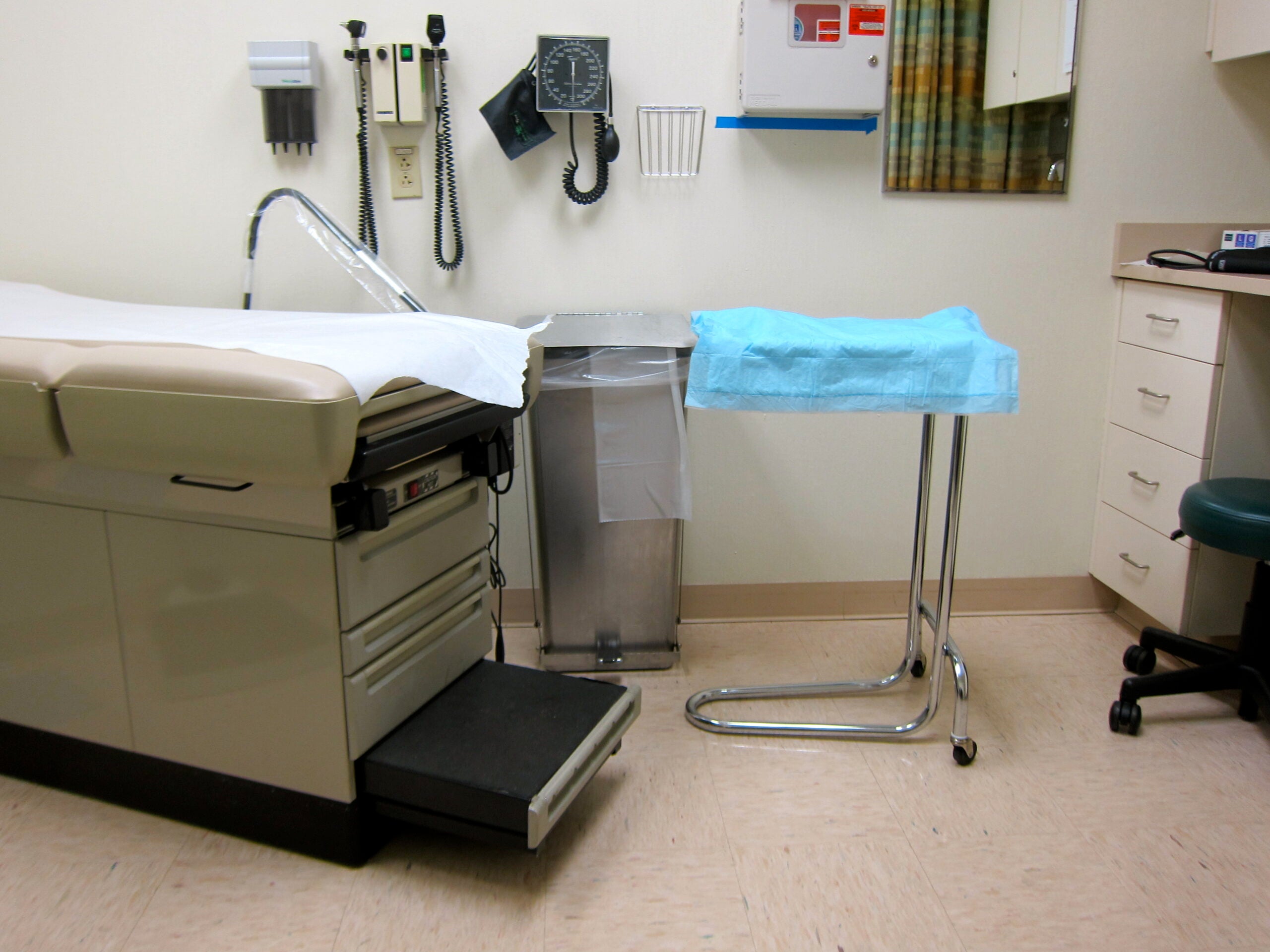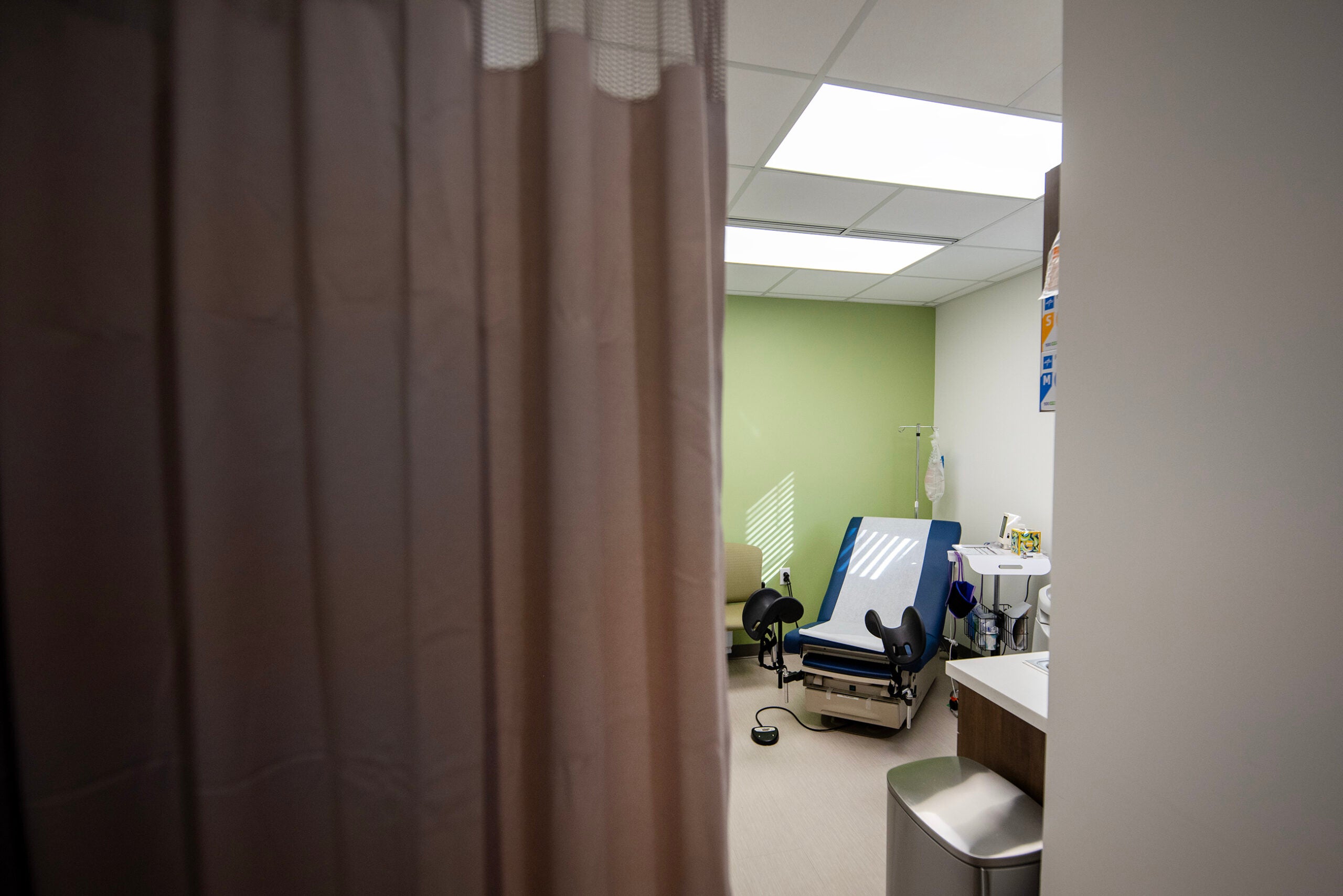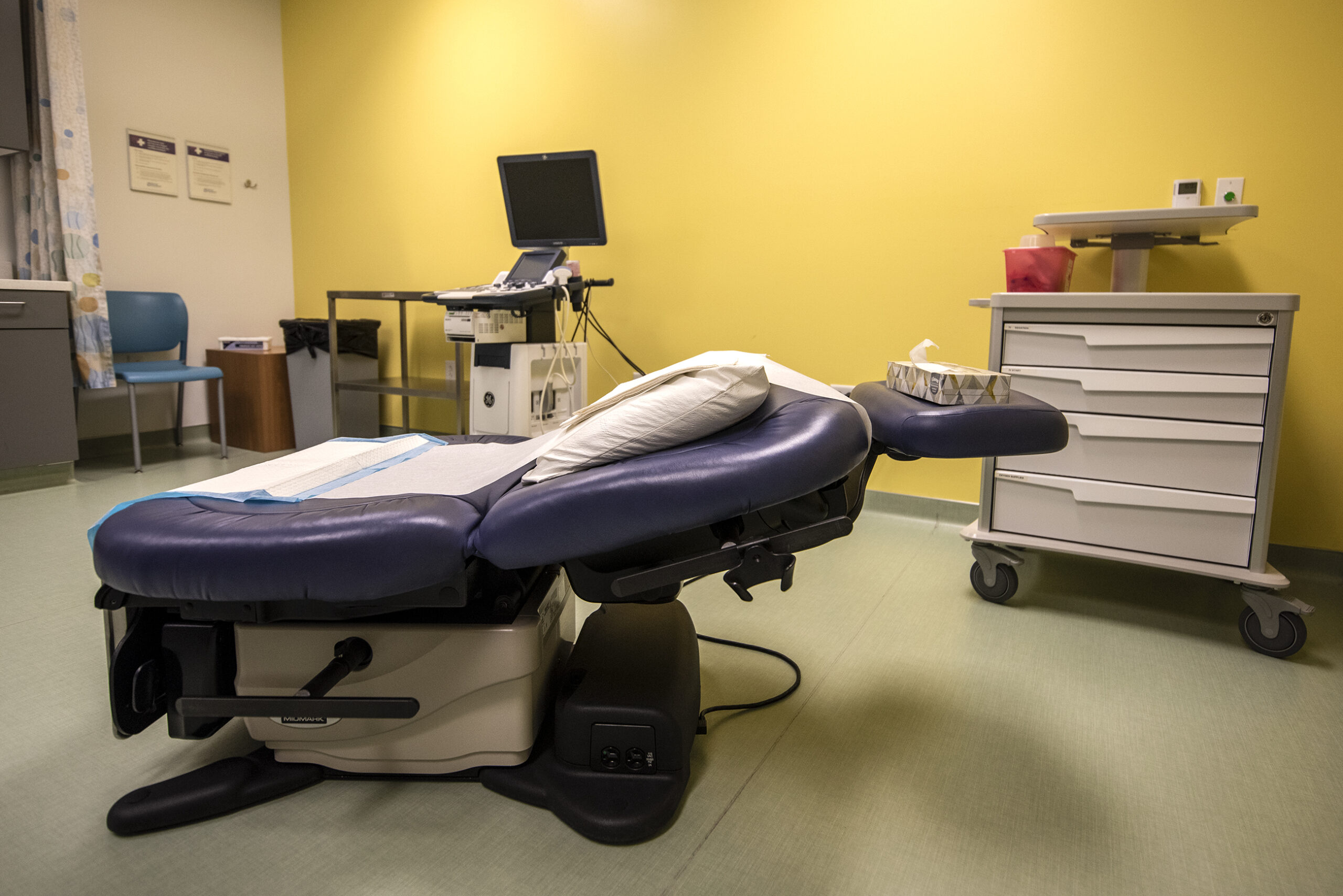Gov. Scott Walker is gearing up to sign one of the strictest anti-abortion measures in the country after the Assembly passed a bill on Thursday with no exceptions for rape or incest.
This bill, which passed by a 61-34 margin, goes to the governor’s desk with a speed for which government isn’t normally known and which opponents have criticized.
State Rep. Katrina Shankland, D-Wausau, said lawmakers were too busy passing a budget to give this bill the attention it deserved.
News with a little more humanity
WPR’s “Wisconsin Today” newsletter keeps you connected to the state you love without feeling overwhelmed. No paywall. No agenda. No corporate filter.
“They had no idea an extreme and radical abortion ban would be coming up. We all thought this would be coming in September,” she said.
The 20-week abortion ban was introduced in late May. The state Senate passed the bill in early June. In early March, before a bill was even introduced, Walker said he’d sign it. He laid out his intentions in an open letter after getting criticism from social conservatives nationally.
The issue is getting attention nationwide for several reasons. There’s a stalled 20-week abortion ban in Congress and all major Republican presidential candidates have said they support such a ban.
However, the real battle for abortion access is unfolding at the state level.
“I believe Wisconsin should protect the lives of unborn children who are capable of experiencing pain,” said State Rep. Dave Heaton, R-Wausau.
The American Congress of Obstetricians and Gynecologists said evidence suggests that isn’t possible until the third trimester, and all the state’s mainstream medical groups opposed the 20-week ban.
State Rep. Terese Berceau, D-Madison, said this bill created more opposition than others.
“Every single session that I’ve been here, we’ve had bills like this that have tried to restrict a woman’s ability to make her own decisions. Every single session,” she said. “The medical community comes out, but never ever have they come out so strongly and in such numbers as on this bill.”
Medical groups say it interferes with the doctor-patient relationship, and it opens doctors up to criminal penalties if they perform an abortion that’s later determined not to be a medical emergency.
In addition, it could force women to carry a fetus with severe abnormalities that will never survive beyond the womb.
But according to state Rep. Joe Sanfelippo, R-West Allis, that fetus could actually be healthy. He said doctors are fallible and tests aren’t foolproof.
“Medicine is not black and white. Doctors cannot always say for sure what is going to happen in any situation,” he said.
State Rep. Chris Taylor, D-Madison, agreed with Sanfelippo to some extent.
“Medicine is not black and white. It is not black and white,” Taylor said. “But, your bill makes it black and white. That’s the problem with this bill. It says unless a woman is going to imminently die or she’s going to lose a bodily function, you’re out of luck. And if you make the wrong decision, ‘Physician, you’re going to jail.’”
Most abortions occur before the timeframe set by the law. In 2013 there were only 89 abortions performed after 20 weeks in Wisconsin.
Abortion supporters say legislation like this is part of a much broader, long-term legal strategy among anti-abortion activists to push the U.S. Supreme Court into chipping away at some of the protections established in Roe v. Wade.
Wisconsin Public Radio, © Copyright 2026, Board of Regents of the University of Wisconsin System and Wisconsin Educational Communications Board.







